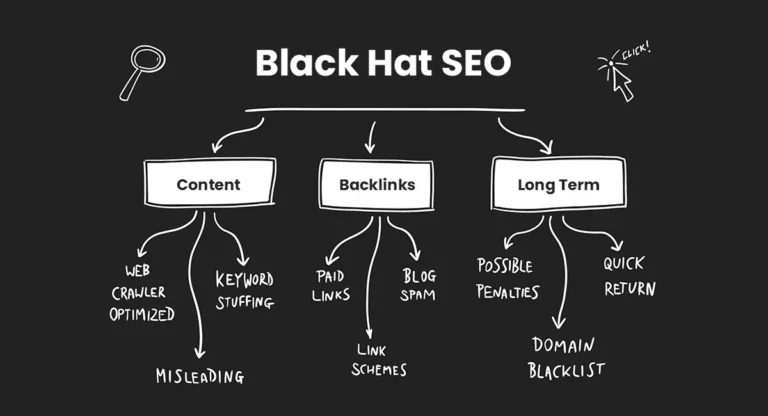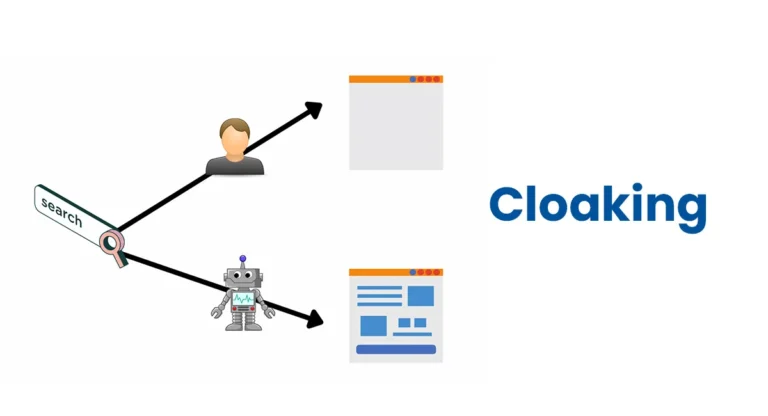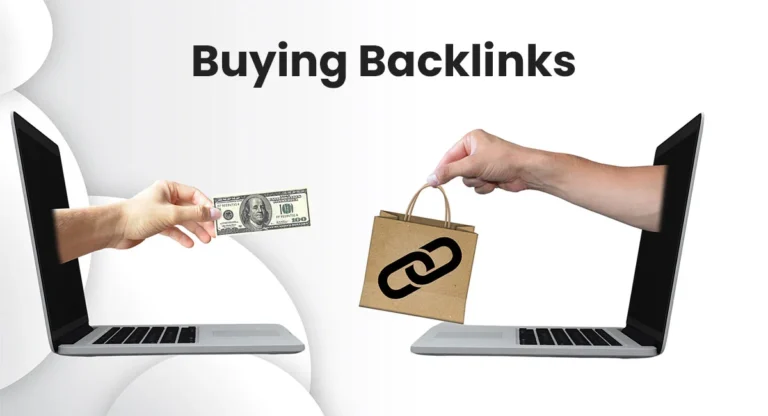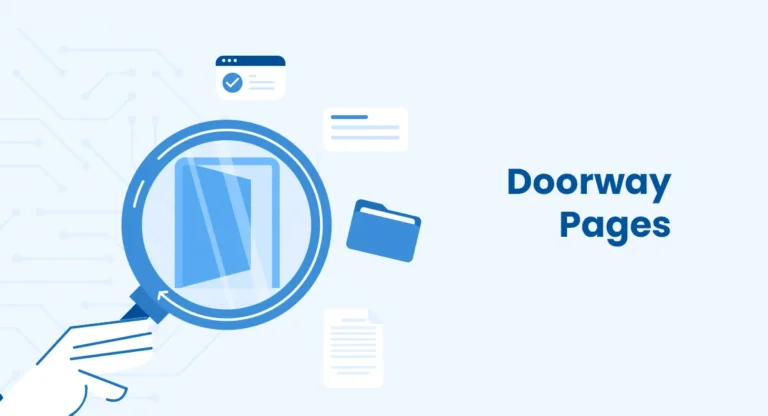Search Engine Optimization (SEO) is essential for any website or business aiming to increase its online visibility. Opting for a reliable SEO service can help businesses achieve sustainable growth without resorting to unethical practices.However, while SEO can lead to long-term growth and success, some individuals and businesses resort to unethical techniques to gain quick results. These unethical methods fall under what is known as Black Hat SEO. In this blog, we’ll explore black hat in SEO, its risky practices, and how they can harm your website’s rankings in search engines.
Table of Contents
Before diving into the risky techniques, let’s define Black Hat SEO.
Black Hat SEO refers to the use of unethical SEO practices designed to manipulate search engine algorithms in order to improve a website’s ranking. Unlike White Hat SEO, which focuses on providing valuable content and adhering to search engine guidelines, black hat in SEO techniques exploit loopholes and violate guidelines set by search engines like Google. These tactics might offer quick results, but they come with high risks, including penalties and even being deindexed from search engines.

Now that we understand what Black Hat SEO is, let’s take a closer look at black hat SEO techniques. Here are 10 of the most commonly used black hat SEO tactics and how they can harm your rankings:
One of the oldest and most infamous black hat SEO tactics is keyword stuffing. This involves overloading a page with an excessive number of keywords to manipulate search engine rankings. While this used to work years ago, modern search engine algorithms have become sophisticated and now penalize websites that engage in this practice.
Why it’s harmful: Keyword stuffing results in poor user experience and can lead to search engine penalties, ultimately hurting your rankings. Google’s algorithms are designed to reward high-quality content, and keyword stuffing doesn’t contribute to that.
Example: A page that repeatedly uses the phrase “buy shoes online” in every sentence without adding real value or context.
Cloaking refers to the practice of showing different content to search engines than what is shown to users. This is done by serving one version of the web page to search engine bots and another to human visitors, in an attempt to rank higher for keywords that may not be relevant to the actual content.
Why it’s harmful: Cloaking is considered a direct violation of Google’s guidelines and can result in severe penalties, including being removed from search engine results entirely. It misleads users and compromises the integrity of the website.

Another black hat SEO practice involves hiding text or links in order to manipulate rankings. This can be done by using font colors that match the background, making text the same size as the surrounding content, or positioning links off-screen. These hidden elements are typically packed with keywords and are intended to trick search engines into ranking the page higher.
Why it’s harmful: Hidden text and links violate Google’s webmaster guidelines. If caught, websites can face penalties, and the hidden content will likely be disregarded, reducing the effectiveness of your page.
Example: A website using white text on a white background, which users cannot see, but search engines can read.
Black hat SEO backlinks are one of the most risky practices. This involves purchasing links from low-quality, spammy websites in an attempt to increase the domain authority of a website quickly. These links may come from link farms, paid blog posts, or low-quality directories.Instead of resorting to risky practices like buying backlinks, partnering with an affordable SEO company ensures high-quality link-building strategies.
Why it’s harmful: Search engines like Google consider the quality of backlinks when ranking a website. Black hat SEO backlinks from irrelevant or spammy sources can lead to penalties and a significant drop in rankings. Google’s Penguin update specifically targets manipulative backlink practices.
Example: Purchasing backlinks from websites that have no relevance to your niche or industry.

Doorway pages are designed to rank for specific keywords but provide little to no value to users. These pages act as a “gateway” that redirects visitors to other pages on your website or to irrelevant content. They are often created to capture search engine traffic for specific keywords.
Why it’s harmful: Google can easily identify doorway pages and will penalize the website for trying to manipulate rankings. These pages harm user experience and fail to provide valuable content.
Example: A website that has multiple pages targeting specific keywords like “best shoes in New York” but redirects users to a generic homepage without any relevant content.

Content scraping involves copying content from other websites and publishing it as your own. Some websites use automated tools to scrape content from high-ranking sites and re-publish it in order to rank quickly for popular keywords.
Why it’s harmful: Content scraping violates copyright laws and can lead to legal consequences. Additionally, search engines will often penalize websites that engage in this practice for duplicate content, resulting in lower rankings.
Example: A website that copies blog posts from a popular source without adding any original commentary or value.
A link farm is a network of websites created with the sole purpose of generating backlinks to other sites. These websites are often filled with irrelevant, low-quality content and are designed to manipulate search engine rankings by providing large volumes of backlinks.
Why it’s harmful: Search engines can easily detect link farms, and participating in them can lead to severe penalties, including being removed from search results. Building links in this manner offers no value to users and is ultimately harmful to your website.
Example: A website using a network of unrelated, low-quality blogs to create backlinks for its homepage.
Spamming comments on other websites and blogs with backlinks to your own site is a classic black hat SEO practice. These comments are often irrelevant to the content and are only meant to insert links to boost SEO rankings.
Why it’s harmful: Spam comments are typically flagged as spam by search engines, and the links will often be nofollowed, meaning they won’t pass any SEO value. Moreover, engaging in this practice damages your reputation and can lead to penalties.
Example: Leaving generic comments like “Great post! Visit my website for more info” with a link to your site on blogs that aren’t relevant to your niche.
There are numerous black hat SEO tools available online that claim to help boost rankings through unethical methods. These tools automate techniques like link-building, keyword stuffing, and cloaking.
Why it’s harmful: Using these tools often results in quick but short-lived results. They violate search engine guidelines and can lead to penalties once search engines catch on. Moreover, relying on these tools can create a false sense of security while damaging the website in the long run.
Example: Using automated software to generate fake social media signals or spam backlinks.
Clickbait is a technique used to manipulate users into clicking on a link by using misleading or sensationalized headlines. While clickbait may increase click-through rates, it provides little value and can harm the reputation of a website.
Why it’s harmful: Once users click on the page and find content that doesn’t match the title, they quickly leave the site. This high bounce rate signals to search engines that the content isn’t valuable, which can negatively impact rankings.
Example: A headline like “You Won’t Believe What Happened Next!” which leads to content that has nothing to do with the title.
While black hat SEO techniques might seem appealing for quick wins, the long-term consequences can be severe:
Search engines like Google are continually updating their algorithms to catch and penalize websites using black hat SEO tactics. Websites found engaging in unethical practices can face penalties, resulting in lower rankings or even deindexing from search results.
Users expect websites to provide valuable, relevant content. When they encounter manipulative tactics like keyword stuffing or cloaking, it damages your brand’s credibility and trustworthiness.
While black hat SEO tools may provide immediate results, they rarely lead to sustained success. Once search engines catch on to these tactics, the results fade, and the website may even be penalized.
Practices like content scraping or using copyrighted materials without permission can result in legal action.
In the world of SEO, playing by the rules is crucial for long-term success. Black hat SEO may promise fast results, but the risks involved make it a dangerous game to play. By avoiding these black hat SEO tactics and focusing on ethical, White Hat SEO practices, you can build a strong online presence that stands the test of time.By avoiding black hat SEO and focusing on ethical strategies, you can ensure sustainable growth, especially when considering digital marketing for small business strategies tailored to your needs.
If you’re looking to improve your rankings without resorting to unethical methods, focus on creating valuable content, earning high-quality backlinks, and optimizing your website for both users and search engines.
Ultimately, the goal should always be to outsmart your competition with integrity and long-term strategies that pay off.
Nirbhay Chauhan is a Performance Marketing and ROI Specialist with expertise in SEO, PPC, and media planning. With a passion for data-driven strategies, Nirbhay helps businesses scale by optimizing their marketing efforts to deliver measurable results. His extensive experience in driving online growth and maximizing ROI makes him a trusted partner for businesses looking to elevate their digital presence.